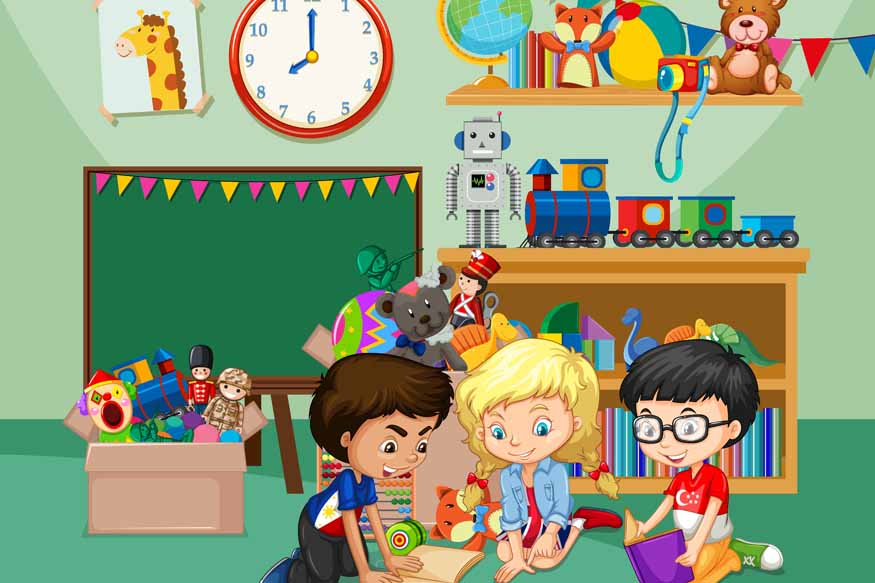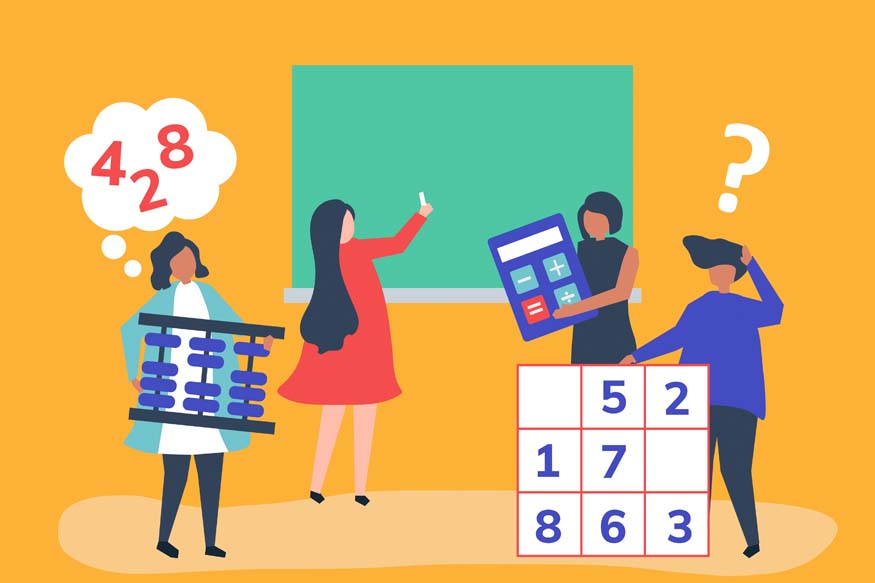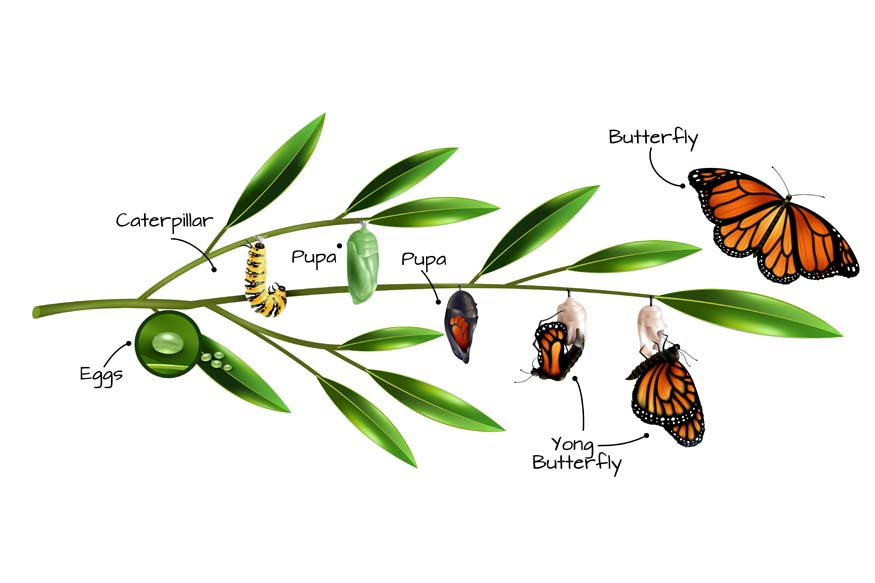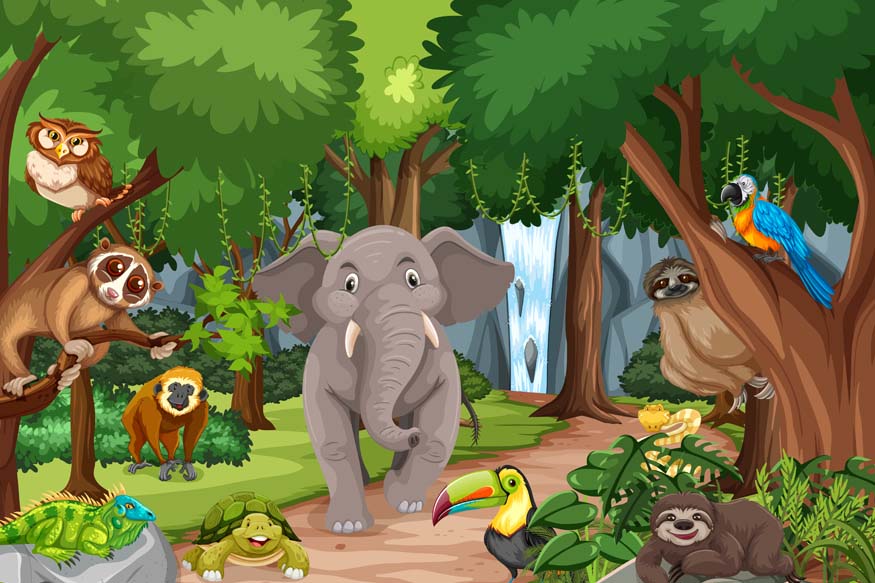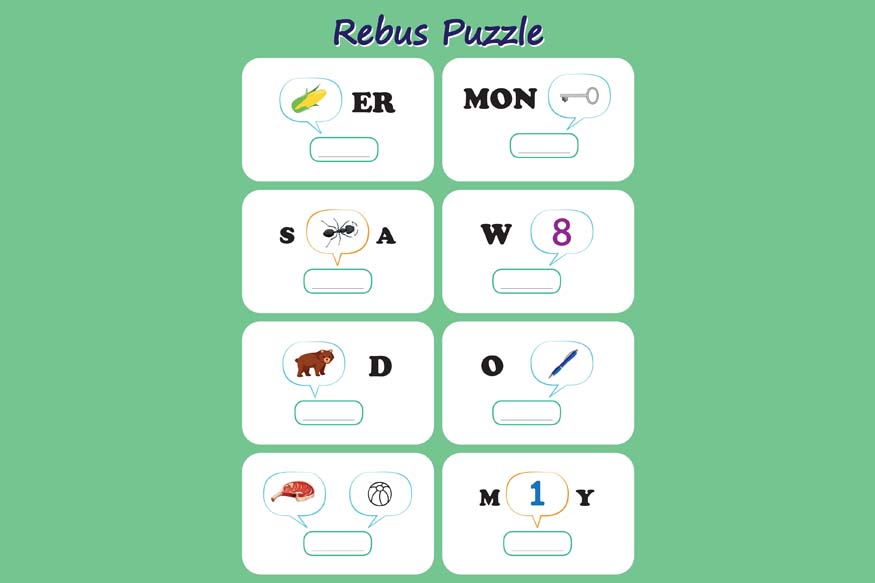Importance of General Knowledge for Class 1 Students
Introducing children to general knowledge at a young age helps them develop curiosity and an eagerness to learn.
When students answer questions about animals, plants, the seasons, and everyday objects, they begin to understand how the world works. This kind of knowledge is not just for school but also helps them in their daily pves.
Tips for Teaching General Knowledge to Young Children
- Make it Fun: Turn learning into a game by asking questions and giving small rewards for correct answers. You can also use pictures and videos to show them the answers.
- Use Real-Life Examples: When asking about animals, show them pictures of real animals or take them to a zoo. When teaching about plants, show them a small plant growing in your garden. This way children learn better and can relate what they learn to their surroundings.
- Encourage Curiosity: Encourage children to ask their questions. If they ask, “Why is the sky blue?” or “Where does milk come from?” take the time to explain it to them. This will make them curious and want to know the answer.
- Repeat and Review: Young children learn by repeating information. After asking the questions once, review them regularly to help the child remember.
- Create Visual Aids: Use colorful charts, flashcards, and drawings to help explain answers. This makes it easier for children to remember.
Below are 40 fun and informative general knowledge questions designed for Class 1 students.
- What is the name of our planet?
- Which is the largest animal in the world?
- How many legs does a spider have?
- What color is the sky?
- What do plants need to grow?
- How many days are there in a week?
- Which animal is known as the ‘King of the Jungle’?
- Which fruit is yellow and monkeys love to eat?
- How many fingers do we have on both hands?
- What is the color of an apple?
- Which is the fastest land animal?
- How many months are there in a year?
- What do we use to brush our teeth?
- Which shape has three sides?
- What is the name of our country?
- What do cows give us to drink?
- What do we use to write on paper?
- Which is the hottest season of the year?
- Which part of our body helps us to see?
- What is the name of the baby of a dog?
- What color are the leaves of most trees?
- Which animal barks?
- What is the name of the star that gives us pght during the day?
- How many wheels does a bicycle have?
- Which animal has a long neck and pves in the jungle?
- What do we wear on our feet when we go outside?
- Which vegetable is orange and rabbits pke to eat?
- 28. What is the sound that a cow makes?
- How many eyes do we have?
- Which fruit is red and has tiny seeds on the outside?
- What do we call a baby cat?
- Which bird is known for repeating human words?
- What is the color of an elephant?
- Which vehicle fpes in the sky?
- What is the name of the festival where we decorate a tree?
- What do we wear when it rains to stay dry?
- Which animal pves in water and has sharp teeth?
- What do we call a baby dog?
- Which fruit is green on the outside and red on the inside with black seeds?
- Which shape has no sides and no corners?
Answer: Earth
Answer: Blue whale
Answer: Eight
Answer: Blue
Answer: Sunpght, water, and air
Answer: Seven
Answer: Lion
Answer: Banana
Answer: Ten
Answer: Red (or green, yellow)
Answer: Cheetah
Answer: Twelve
Answer: Toothbrush and toothpaste
Answer: Triangle
Answer: India
Answer: Milk
Answer: Pencil or pen
Answer: Summer
Answer: Eyes
Answer: Puppy
Answer: Green
Answer: Dog
Answer: Sun
Answer: Two
Answer: Giraffe
Answer: Shoes
Answer: Carrot
Answer: Moo
Answer: Two
Answer: Strawberry
Answer: Kitten
Answer: Parrot
Answer: Grey
Answer: Airplane
Answer: Christmas
Answer: Raincoat
Answer: Shark
Answer: Puppy
Answer: Watermelon
Answer: Circle
Conclusion
Understanding simple facts about the world around us helps young learners develop curiosity and a love for learning.
At Centre Point School (CPS), we bepeve that engaging students with interesting questions and interactive activities is key to nurturing their educational journey.
By incorporating general knowledge into daily activities, CPS aims to create a vibrant and stimulating learning environment where students can thrive.
Our approach ensures that children are not only well-prepared academically but also enjoy discovering new things about the world in a supportive and enriching setting.

